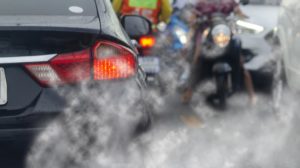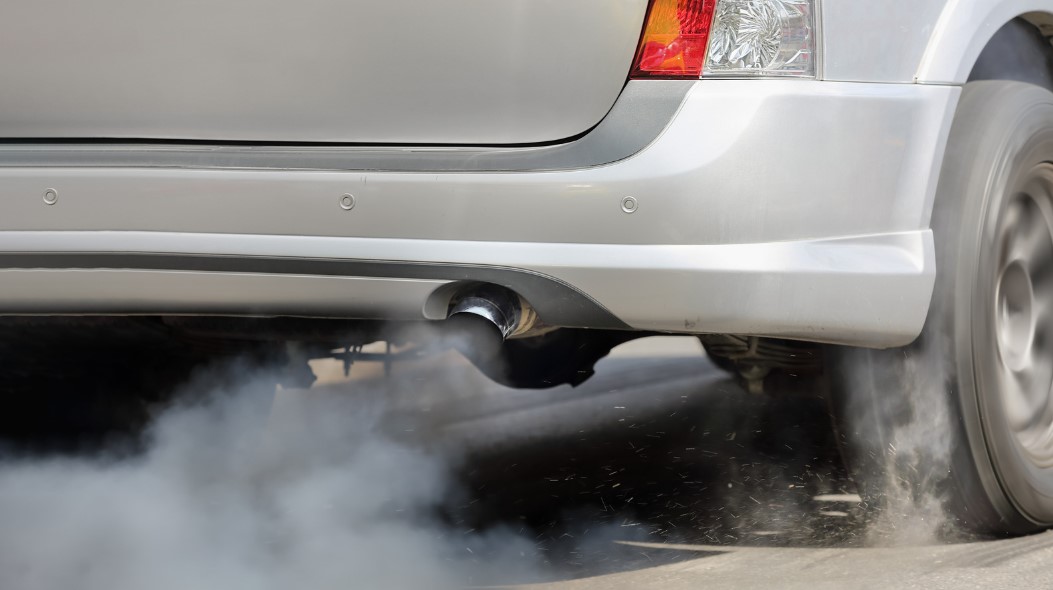Exposure to air pollution leads to approximately 7 million premature deaths annually and deprives millions of healthy years of life. The heightened battle against climate change and environmental degradation has once again taken centre stage, with an urgent appeal from the World Health Organization (WHO) for countries to slash air pollution limits to save millions of lives. The grim reality is that air pollution, particularly from sources like diesel vehicles, is causing staggering numbers of premature deaths globally. Now, more than a clarion call, it’s a demand for immediate, bold action.
World Health Organization Wants a Lower Pollution Limit to Save Millions of Lives
The Diesel Emissions Debacle: What We’ve Learned

In the early 2010s, a series of scathing revelations uncovered a shocking truth about diesel vehicle emissions, sparking one of the largest global recalls of all time. An infamous scandal dubbed ‘Dieselgate’ brought to light that automotive manufacturers had been engaging in widespread fraudulent practices, equipping their vehicles with ‘defeat devices’ that could detect when the cars were undergoing emissions testing, and change the performance to improve results.
Dieselgate, as discussed in https://www.claimexperts.co.uk, wasn’t just about corporate malfeasance; it was an environmental health crisis of unprecedented scale. The nitrogen oxides (NOx) and particulate matter (PM) emitted by these vehicles posed a severe risk to public health, particularly in urban areas where concentrations were highest. The recent indictment in France over Peugeot emissions further cements the industry under a cloud of electoral scrutiny.
The manufacturer’s legal battle isn’t an isolated incident but a symptom of a broader malaise. Regulatory bodies are no longer willing to turn a blind eye to excessive emissions, and such cases set the stage for collective retribution in the automobile sector. The consequences demanded a long overdue reassessment of the role diesel fuel plays in exacerbating air pollution, and by extension, its impact on our health.
Standing on the Precipice of Reform
In the aftermath of the Dieselgate scandal, regulations were tightened, diesel claims were filed, and billions of dollars were poured into retrofitting or replacing affected vehicles. But as new evidence emerged, it became clear that for the sake of current and future generations, drastic and global measures are needed.
WHO’s new global air quality guidelines urge for much stricter pollutant limits, establishing a comprehensive blueprint for protecting public health. The initiative is driven by the knowledge that air pollution is a major contributor to non-communicable diseases like stroke, heart disease, and lung cancer, as well as infectious respiratory diseases such as pneumonia.
The guidelines outline best practices for managing specific types of particulate matter, such as black carbon and ultrafine particles, where there is limited evidence to establish air quality standards. They apply worldwide to both indoor and outdoor spaces across various settings. The latest recommendations propose cutting annual exposure limits for PM2.5 by half and reducing nitrogen dioxide levels from diesel vehicles by 75%. By meeting these new standards, an estimated 3.3 million deaths linked to PM2.5 pollution could be prevented annually.
Experts emphasise the critical health implications of breathing polluted air, particularly during pregnancy and childhood, which can impact long-term growth and cognitive abilities. While achieving the new guidelines is feasible, it presents a considerable challenge, especially in many UK cities.
Globally, 91% of the world’s population resides in regions surpassing previous air quality standards. Asia bears a significant burden of casualties due to polluted air, especially in cities across China and India where particulate pollution levels are alarmingly high. Given the challenges associated with achieving substantial reductions in air pollution, the WHO has introduced more achievable interim targets. The WHO emphasises that countries must recognize that improving air quality not only saves lives but also guards against future respiratory ailments and aids in achieving climate objectives.
The Road Ahead

The urgency of WHO’s appeal serves as a potent reminder that the air we breathe should be inviolable. The unfolding catastrophe of lives lost or debilitated by pollution is not a fate we should resign ourselves to. Instead, it is a challenge to engineer a future where clean air is a universal right and a realised reality.
The path forward is challenging, with barriers like economic systems and political resistance. Despite this, it holds immense potential for technological progress, public engagement, and innovative policies that could lead us to a healthier, more sustainable future. By uniting with determination and collaborative efforts, we can ambitiously lower pollution levels and ensure the well-being of all individuals on the planet.
Final Thoughts
In the end, it’s a matter of choosing. To those with the power to decide – policymakers, industry leaders, and consumers – the question is clear. Will we continue down the path of pollution and its grievous toll? Or will we forge a new direction, built on the recognition of our shared responsibility to protect and preserve both human life and the environment? The time for answers is now, and the stakes couldn’t be higher.
Author Profile

- Blogger by Passion | Contributor to many Business Blogs in the United Kingdom | Fascinated to Write Blogs in Business & Startup Niches |
Latest entries
 BusinessJuly 1, 2025Investing in Commercial Property: Key Considerations for Business Owners
BusinessJuly 1, 2025Investing in Commercial Property: Key Considerations for Business Owners Social MediaJuly 1, 2025TikTok AI Dance Revolution: Top Trends, Earnings & How to Go Viral
Social MediaJuly 1, 2025TikTok AI Dance Revolution: Top Trends, Earnings & How to Go Viral CareerJune 18, 2025How to Apply for the PEBC Exam as an International Pharmacy Graduate in 2025?
CareerJune 18, 2025How to Apply for the PEBC Exam as an International Pharmacy Graduate in 2025? FinanceJune 14, 2025BlackRock: The World’s Most Powerful Asset Manager Explained
FinanceJune 14, 2025BlackRock: The World’s Most Powerful Asset Manager Explained





